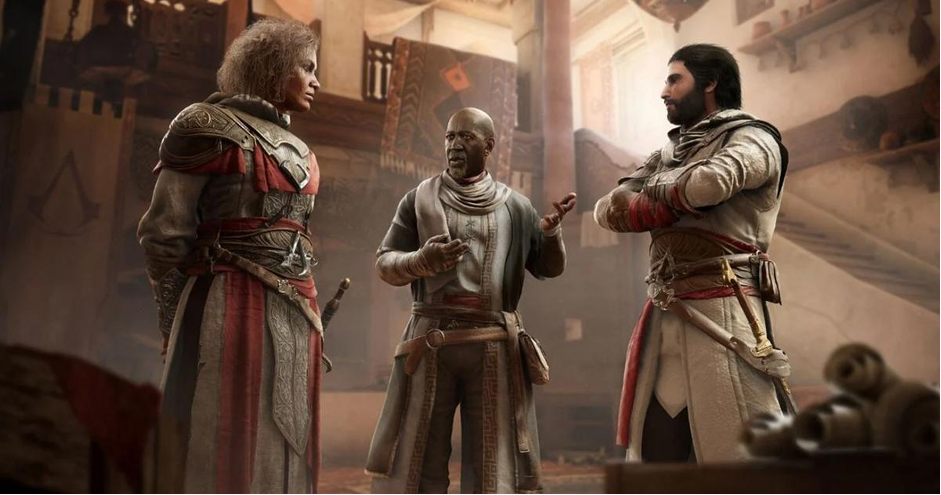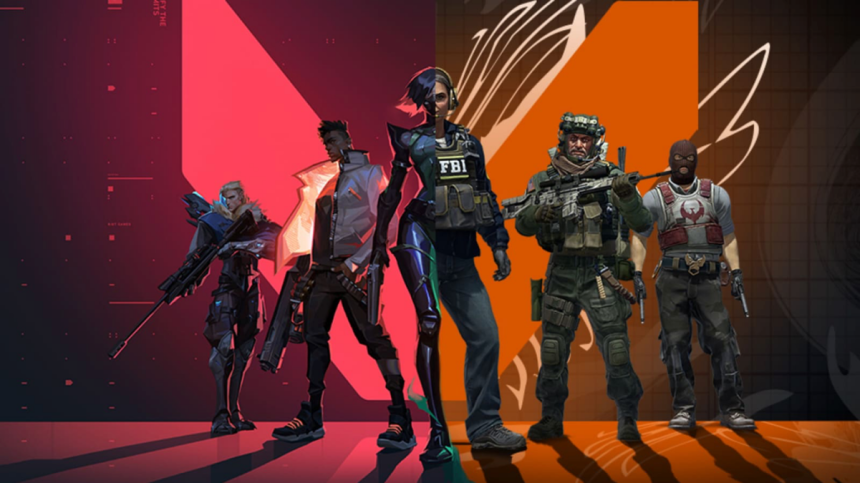Artificial intelligence (AI) has greatly impacted various industries, with the gaming sector benefiting the most. In recent years, AI innovations have redefined the behavior of non-player characters (NPCs), making them more lively and “intelligent,” with unique backstories. Traditionally, NPCs followed rigid behavioral patterns, leading to predictable interactions that players could exploit. However, AI has brought NPCs to life by giving them dynamic, adaptive reactions, making them feel like real participants in the game world. This level of interactivity is crucial for the immersive experience modern players expect.
The Impact of AI on Game NPCs
In the development of the gaming industry, developers realized that NPCs could be more than just a fixed part of the storyline. Improving AI for NPCs has become one of the main goals for developers from various companies to make NPCs “smarter” and more “variable.” In traditional games, NPCs would typically respond in a strictly defined way to specific triggers—enter a restricted area, and they attack. While this gave players a sense of control and predictability, it also limited the depth of in-game interaction, making it hard to fully immerse in the game world. Now, AI-powered NPCs can react to a wide range of player actions, adapting their behavior and responses based on game contexts, player strategies, and even individual choices. This advancement opens up a more complex and engaging gameplay experience, where NPCs feel less like programmed “extras” and more like vital elements of the story, with whom players can develop emotional connections.
In esports games like CS and Valorant, AI-powered NPCs make the training process and game progress more professional and varied.These AI improvements, as highlighted by esportnews, enhance both solo and team training. With AI’s development, NPCs in these games can study player behavior over time, adapt their strategies, and even create new challenges to keep players on their toes. An excellent example was OpenAI’s development for Dota 2 in 2017, where players faced an AI that repeatedly outplayed them, evolving as it went along, creating even more competition. Esports teams and players can now train against NPCs that mimic real opponents, creating a realistic training field that was previously hard to achieve outside of live matches. For example, in CS, NPCs can simulate various situations, allowing players to improve their reaction skills, strategic decisions, and, in some ways, their overall understanding of the game.
The Impact of AI on Game Mechanics and Player Experience
In competitive games, realism and adaptive NPCs add a new level to training modes. A significant factor is game duration. For example, how long are csgo games? A CS match can typically last between 30 and 90 minutes, and AI-powered NPCs could help optimize and improve productivity by becoming dynamic training partners focused on developing specific skills in different game situations. This opens up very useful opportunities for players who want to train in certain aspects of the game without setting up full team training or real matches. In fact, as NPCs can now react and adapt to players’ tactics, they can be used in these lengthy training sessions to simulate live gameplay.
Looking at Valorant as an example, AI also helps players hone both individual and team skills. AI-powered NPCs can analyze team dynamics and predict how different player combinations or tactics will perform in a match, creating new opportunities to assess players’ strengths and weaknesses. Imagine an AI-based system that watches the game and suggests changes to improve player interactions or counter opponent strategies—such a level of support would have a transformative effect on training and team interactions.
Future Opportunities: Adaptive NPCs for Training and Esports
In the future, enhanced AI NPCs could dramatically change the training process in esports, where adaptability and strategic depth are essential. In CS, where players can acquire valuable items like butterfly knives in cases, understanding how in-game rewards influence game strategy is crucial. What csgo cases have butterfly knives? While this is not a core element, it adds engagement and excitement to the game, and AI could expand this experience by tracking and adapting to players’ preferences, making the process more personalized.
The use of adaptive NPCs could also become the foundation for player and team training. For example, AI-powered NPCs can study player movements and preferred strategies, then adjust their tactics and suggest countermeasures. This gives players what was hard to find in early stages of their esports careers: opponents who grow with them, providing a challenge without being predictable or monotonous. With the latest Valorant roster news highlighting the importance of team dynamics, adaptive NPCs can even imitate specific real opponents’ playstyles or popular strategies, allowing players to train against near-exact copies of their strongest competitors.
Benefits and Challenges in Developing AI NPCs

The benefits of AI for NPCs are clear in any direction, but these enhancements come with serious challenges. The complexity of programming adaptive NPCs requires constant technological investment, especially in the areas of machine learning and natural language processing. Furthermore, it is crucial to ensure that AI operates within safe boundaries, avoiding undesirable or destructive behaviors in games. Developers also need to find a balance between realism and difficulty; NPCs that are “too smart” may deter casual players, as the game should remain enjoyable, while underdeveloped AI can make games monotonous and boring.
Despite these challenges, the prospects are promising. AI-based NPCs can be tailored for players of different skill levels, making games accessible to a wider audience without losing the complexity sought by experienced players. By maintaining these balances, developers can create dynamic and exciting games that meet various player preferences and attract a broader audience, bringing in new users.
Conclusion
Artificial intelligence is rapidly advancing the gaming industry, making NPCs smarter and more adaptive, leading to an immersive gaming experience that satisfies players of all levels. Esports disciplines directly benefit from these enhancements, as AI-based NPCs open new opportunities for team training, skill development, and strategy testing. With NPCs capable of imitating real opponents or evolving alongside players, AI has enormous potential to change not only how we play but also how we approach competitive esports. Whether it’s helping players train for long matches or adding depth to the game economy, the future of AI-based NPCs promises an exciting era for gaming. As these technologies develop, we can expect NPCs to become true companions or rivals, making every gaming session unforgettable.
Lynn Martelli is an editor at Readability. She received her MFA in Creative Writing from Antioch University and has worked as an editor for over 10 years. Lynn has edited a wide variety of books, including fiction, non-fiction, memoirs, and more. In her free time, Lynn enjoys reading, writing, and spending time with her family and friends.















